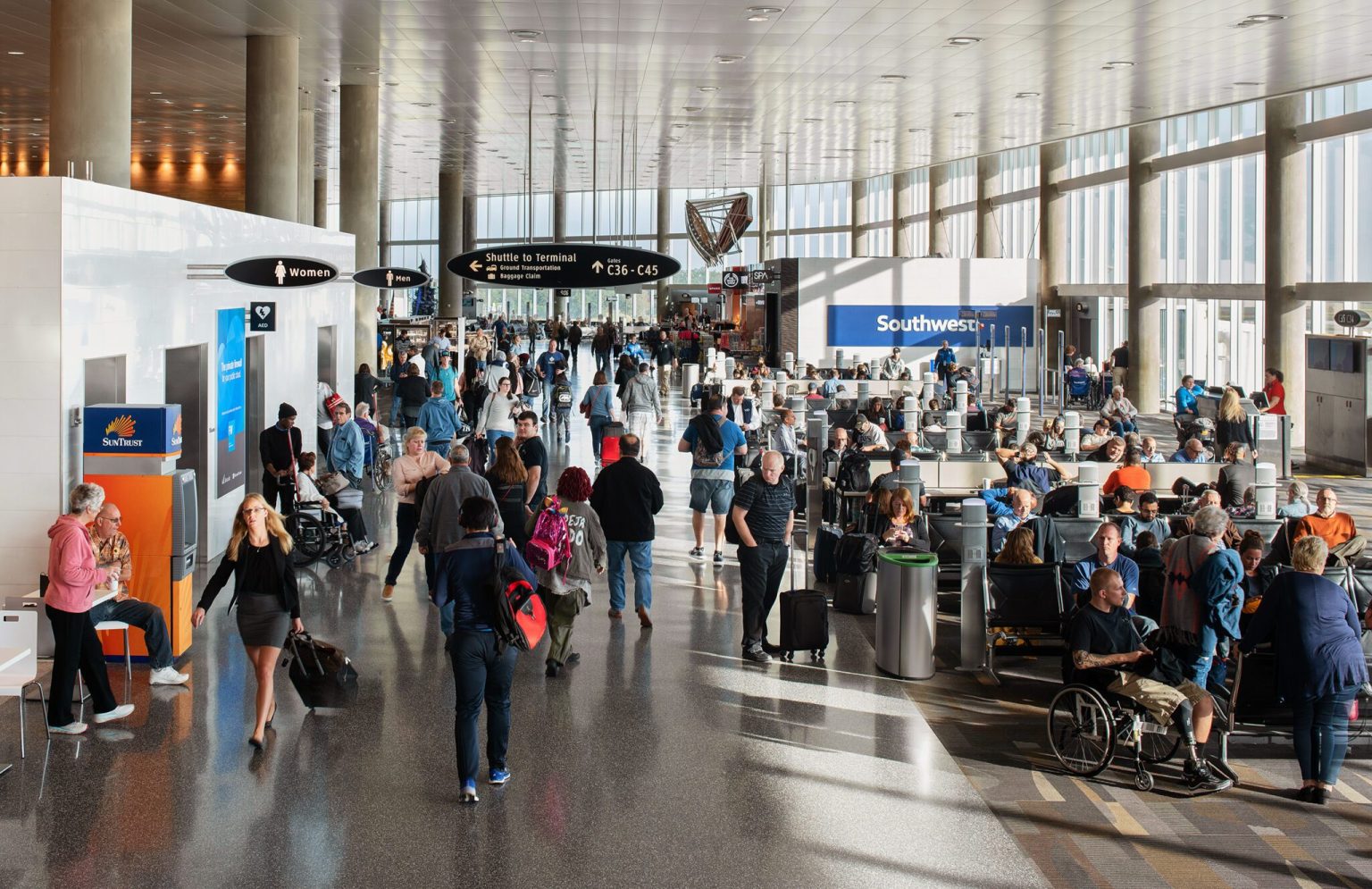The European Union’s rule requiring airlines to automatically refund passengers for significantly delayed or canceled flights gives insight into how the U.S. may enforce its own automatic refunds policy, even though there are some key differences between the two regulations. The U.S. airline industry initially had concerns about the new rule, with questions about who is responsible for refunds in certain situations, such as delays caused by air-traffic control issues or weather. Despite the industry’s pushback, the U.S. Senate has included a provision for automatic refunds in its FAA reauthorization bill.
The EU’s Air Passenger Rights Regulation, also known as EU261, has similarities to the DOT’s automatic refunds policy but also has some differences. In Europe, passengers can choose between a refund or an alternative flight when their flight is significantly delayed or canceled. Additionally, passengers may be eligible for additional compensation if the disruption was within the airline’s control or not an “extraordinary circumstance.” The law applies to flights within the EU, flights to the EU operated by an EU airline, and flights departing from the EU.
The U.S. is following the EU’s lead in implementing automatic refunds, which helps level the playing field and address issues that arose during the pandemic when airlines were reluctant to provide cash refunds. While the airline industry initially had concerns about EU261, it ultimately accepted the rule as necessary to fulfill their obligations to passengers. The DOT’s rule, however, goes a step further than the EU’s regulation by not making exceptions for “extraordinary circumstances,” meaning passengers are entitled to an automatic refund regardless of the reason for the delay or cancellation.
Some concerns have been raised about how automatic refunds could impact airlines, especially in situations where disruptions are outside of the airline’s control, such as engine recalls. However, airline CEOs have stated that they do not anticipate the new rule affecting their bottom line, and industry experts do not expect fares to increase to cover any potential refunds. The U.S. regulation does not include exemptions for severe weather or air-traffic control issues, unlike the EU rule, raising questions about how airlines will navigate these situations while still complying with the law.
The performance of airline sector stocks within the ST200 index, which includes companies publicly traded across global markets, has been impacted by the news of automatic refunds for delayed or canceled flights. Despite initial concerns from the industry, the market is expected to remain competitive and not lead to higher fares to offset any refunds. The U.S. is taking steps to ensure passenger rights are protected, similar to the EU’s approach, but with some variations in the regulations and enforcement. Overall, the goal is to create a fair and transparent process for passengers when faced with flight disruptions.


